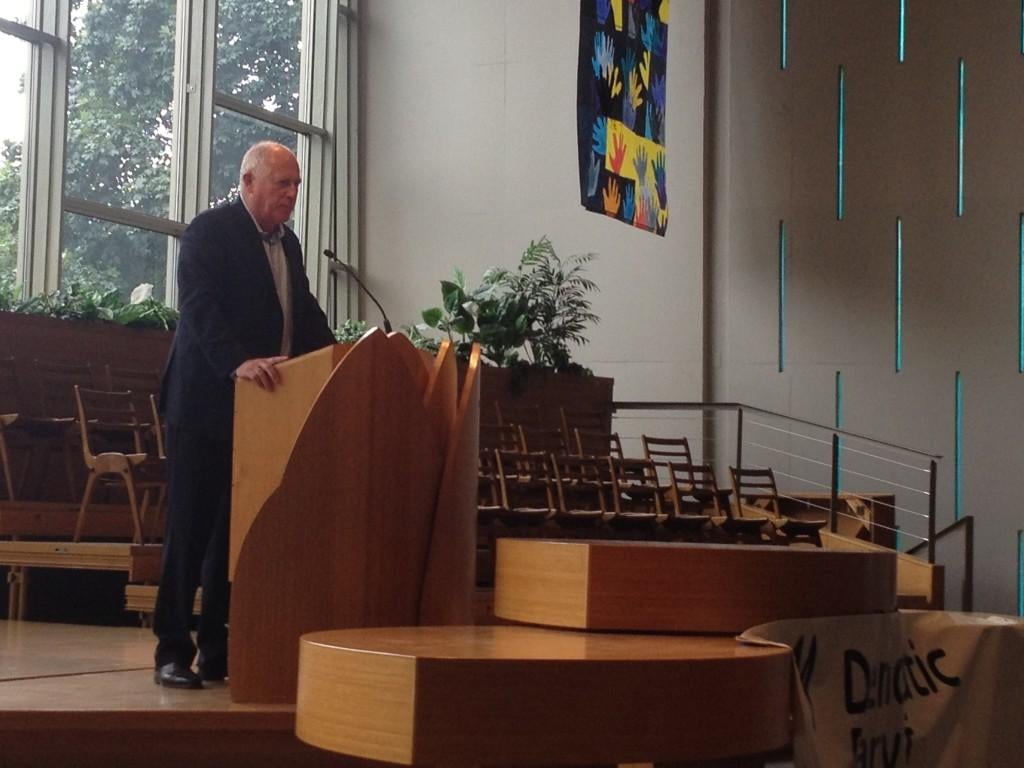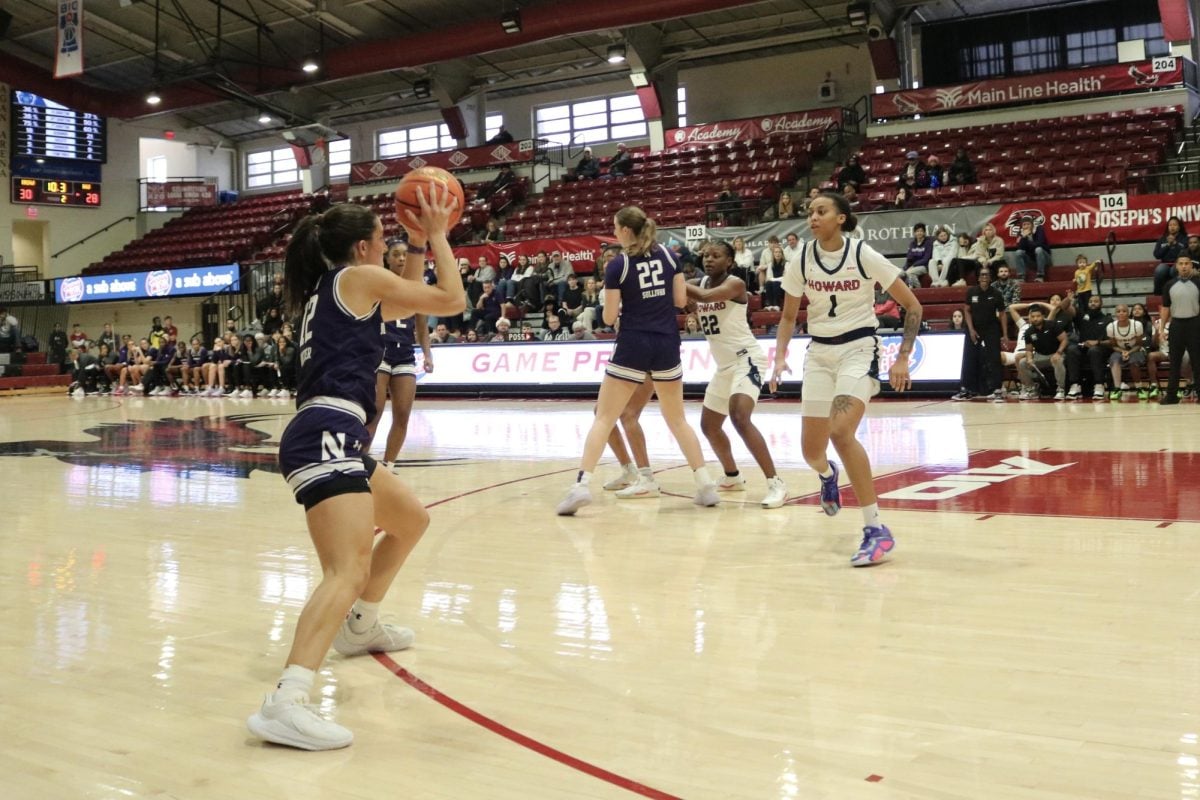Illinois Gov. Pat Quinn rallied Evanston Democrats this afternoon as the field takes shape for his party’s potentially bruising primary next year.
With Democratic majorities in both chambers of the General Assembly, Quinn said Illinois voters have to make sure they are “progressive majorities.”
“So that’s why as governor I’ve tried to focus on those issues, whether it’s jobs or investing in education, having decent health care, making sure that people with disabilities get a fair shake and also making sure that everyday people, especially children, have a good start in life,” Quinn told more than 80 elected officials, activists and candidates. “That’s what the Democratic Party believes in. That’s what Evanston is all about.”
Speaking at the Democratic Party of Evanston’s annual meeting, Quinn told its members not to count him out as he heads toward an election year with a sagging approval rating and well-connected opponent in Bill Daley, President Barack Obama’s former chief of staff and son of late Chicago Mayor Richard J. Daley. Quinn said he was in a “knife fight” in the 2010 general election, when he edged Republican challenger Bill Brady by less than a percentage point.
“And that fella Nate Silver — who wrote that column for The New York Times — he’s almost always right, but he wasn’t right for Illinois,” Quinn said, referring to the newspaper’s political prognosticator. “He told me later he couldn’t figure out how I won the election, and I told him it’s everyday people volunteering. That’s the heart and soul of our democracy.”
Quinn arrived at the Unitarian Church of Evanston, 1330 Ridge Ave., after stopping in Chicago’s Irving Park neighborhood to sign a bill allowing disabled students to be exempt from gym class if they play organized sports.
A day earlier, Quinn lent his signature to legislation setting up online voter registration. He told Evanston Democrats it is part of his mission to open up the political process to more people, especially those living in poverty.
Quinn also touted his visit to Evanston in January, when he announced a $1 million grant for ultra-high speed Internet, flanked by city officials and University President Morton Schapiro. Quinn said it was a necessary investment for NU students and other schools in Evanston.
“They’re the ones who are going to create the applications, who are going to create the jobs, in the 21st century,” Quinn said.
— Patrick Svitek







